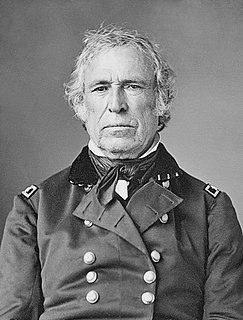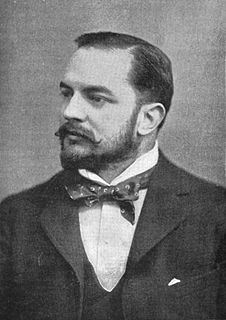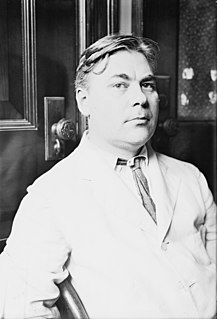A Quote by Zachary Taylor
Related Quotes
We are in the society of the teacher-judge, the doctor-judge, the educator-judge, the 'social-worker'-judge; it is on them that the universal reign of the normative is based; and each individual, wherever he may find himself, subjects to it his body, his gestures, his behavior, his aptitudes, his achievements.
A policeman in plain clothes is a man; in his uniform he is ten. Clothes and title are the most potent thing, the most formidable influence, in the earth. They move the human race to willing and spontaneous respect for the judge, the general, the admiral, the bishop, the ambassador, the frivolous earl, the idiot duke, the sultan, the king, the emperor. No great title is efficient without clothes to support it.
There should be a law that no ordinary newspaper should be allowed to write about art. The harm they do by their foolish and random writing it would be impossible to overestimate--not to the artist but to the public.... Without them we would judge a man simply by his work; but at present the newspapers are trying hard to induce the public to judge a sculptor, for instance, never by his statues but by the way he treats his wife; a painter by the amount of his income and a poet by the colour of his necktie.
Just because a man is dressed in a clean white robe does not mean his heart and hands are clean. Any man who neglects his conscience is a dangerous animal. Never judge a man by his image. Images can be bought or produced by any Hollywood producer, marketing team or fleet of stylists. Even kids know how to wear amazing costumes for Halloween. Always judge a man by the coloring of his heart and only his heart. Truth can be found in his record of actions, not intentions.
To judge sins is the business of one who is sinless, but who is sinless except God? Who ever thinks about the multitude of his own sins in his heart never wants to make the sins of others a topic of conversation. To judge a man who has gone astray is a sign of pride, and God resists the proud. On the other hand, one who every hour prepares himself to give answer for his own sins will not quickly lift up his head to examine the mistakes of others.
Man's main task in life is to give birth to himself, to become what he potentially is. The most important product of his effort is his own personality. One can judge objectively to what extent a person has succeeded in his task, to what degree he has realized his potentialities. If he has failed in his task, one can recognize this failure and judge it for what it is - a moral failure.

































